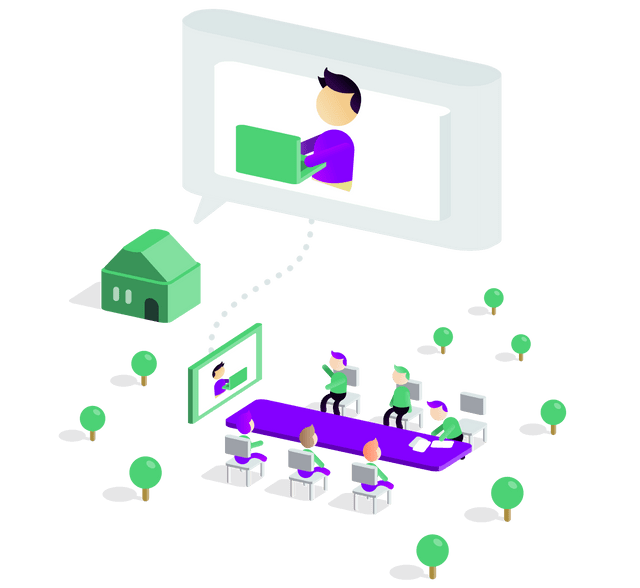Azure Data Engineer (DP-203T00-A) (English)
Description
In this Azure Data Engineer training we look at Data Engineering ways to build both real-time and batch-driven solutions in Azure. Both the basic technology (compute, storage) and the analytical solutions are discussed.
Practicality is central to this course: in this four-day course approx. 60-75% of the time is spent hands-on . This way you learn quickly and effectively how to design analytical solutions in Azure.
The content of the "Data Engineering on Microsoft Azure" training is aligned with the Microsoft exam of the same name, Exam DP-203: "Data Engineering on Microsoft Azure" .

The "Data Engineering on Microsoft Azure" training is aimed at Data Engineers who already have experience with Microsoft Azure.
In this training, the focus is really on doing Data Engineering with Synapse, Spark, Databricks, Azure Data Factory (ADF), Spark Streaming and Stream Analytics.
After this training:
- Do you have an overview of the different services available in Azure for Data Engineering
- Do you know the possibilities to structure the Data Lake
- Can you optimize files within the Data Lake so that data in the Data Lake can be used for explorative queries, streaming, and batch workloads
- Do you have insight into the possibilities to improve performance by building indexes for datasets in CSV, JSON and Parquet files
Prerequisites to follow the Azure Data Engineer training
To be able to follow the Azure Data Engineer training, it is important that you are already familiar with the Azure environment. You are already familiar with setting up resources, navigating through the Azure Portal, etc.
In addition, you must be familiar with data platforms. In any case, you must be able to read SQL well.
If you are looking for a total trajectory that also includes infrastructure-as-code, CI/CD, etc., take a look at the Smart Learning trajectory Azure Data Engineering .
Course outline
- Exploring compute and storage capabilities for Azure Data Engineers
- Introducing Azure Synapse Analytics
- Introducing Azure Databricks
- Introducing Azure Data Lake Storage
- Delta Lake architecture
- Using Azure Stream Analytics
- Interactive queries with Azure Synapse Analytics serverless SQL pools
- Exploring the capabilities of Azure Synapse serverless SQL pool
- Run T-SQL queries against files in a data lake
- Create metadata objects in Synapse serverless SQL pools
- Secure data and manage users in a Synapse serverless SQL pool
- Explore data and ETL with Azure Databricks
- Explore Azure Databricks
- Read and write data with Azure Databricks
- Using DataFrames in Azure Databricks
- Advanced operations on DataFrames in Azure Databricks
- Using Apache Spark for ETL
- Big Data engineering with Apache Spark within Synapse
- Reading data with Apache Spark notebooks
- Transform data with DataFrames in Apache Spark pools
- Integrate SQL and Apache Spark pools into Synapse
- Loading data into the Data Warehouse
- Best practices for loading data into Synapse
- Load data with Azure Data Factory
- Transform data with ADF
- Data integration with Azure Data Factory or Synapse Pipelines
- "code-free" transformation of data with ADF or Synapse Pipelines
- Orchestration with ADF
- Orchestrate data movement and transformation with Azure Data Factory
- End to end security
- Security of the Data Warehouse in Synapse
- Manage and configure passwords and keys in Azure Key Vault
- Implement compliance tools for sensitive data
- HTAP with Synapse Link
- Shaping hybrid transactional and analytical processing with Synapse
- Configuring Synapse Link and Cosmos DB
- Query Cosmos DB from Apache Spark
- Query Cosmos DB from Synapse serverless SQL pools
- Real-time Stream Processing with Stream Analytics
- Use Event Hubs as a pub sub system
- Working with streaming data from Azure Stream Analytics
- Read in streaming data with Azure Stream Analytics
- Create a streaming solution with Event Hubs and Azure Databricks
- Streaming Process data with Azure Databricks structured streaming
Course material
In the course "Azure Data Engineer" we use Microsoft Official Courseware. We will ensure that you receive this (digital) material at the start of the course.
Available dates
There are currently no scheduled dates available. Please contact us for options.